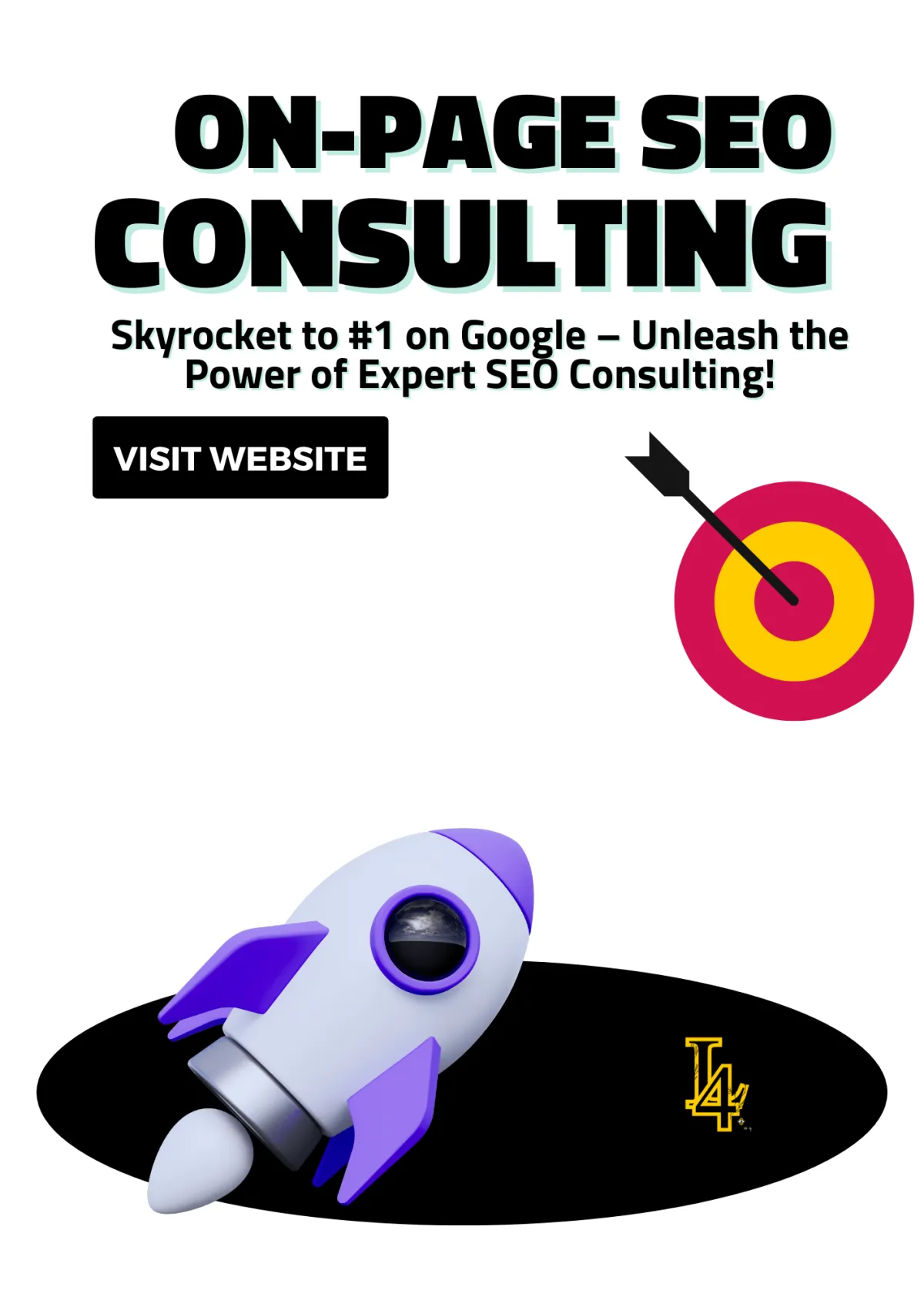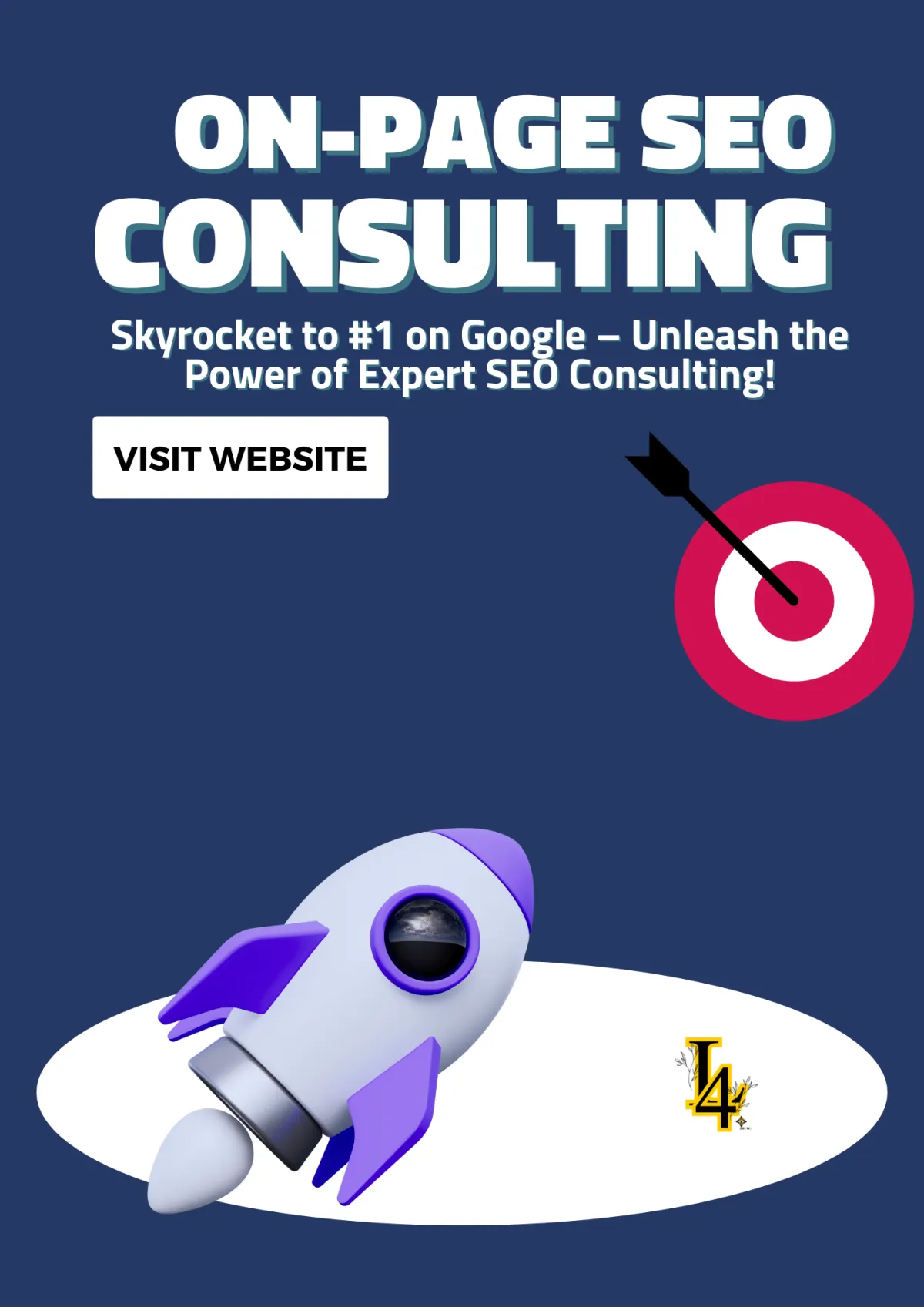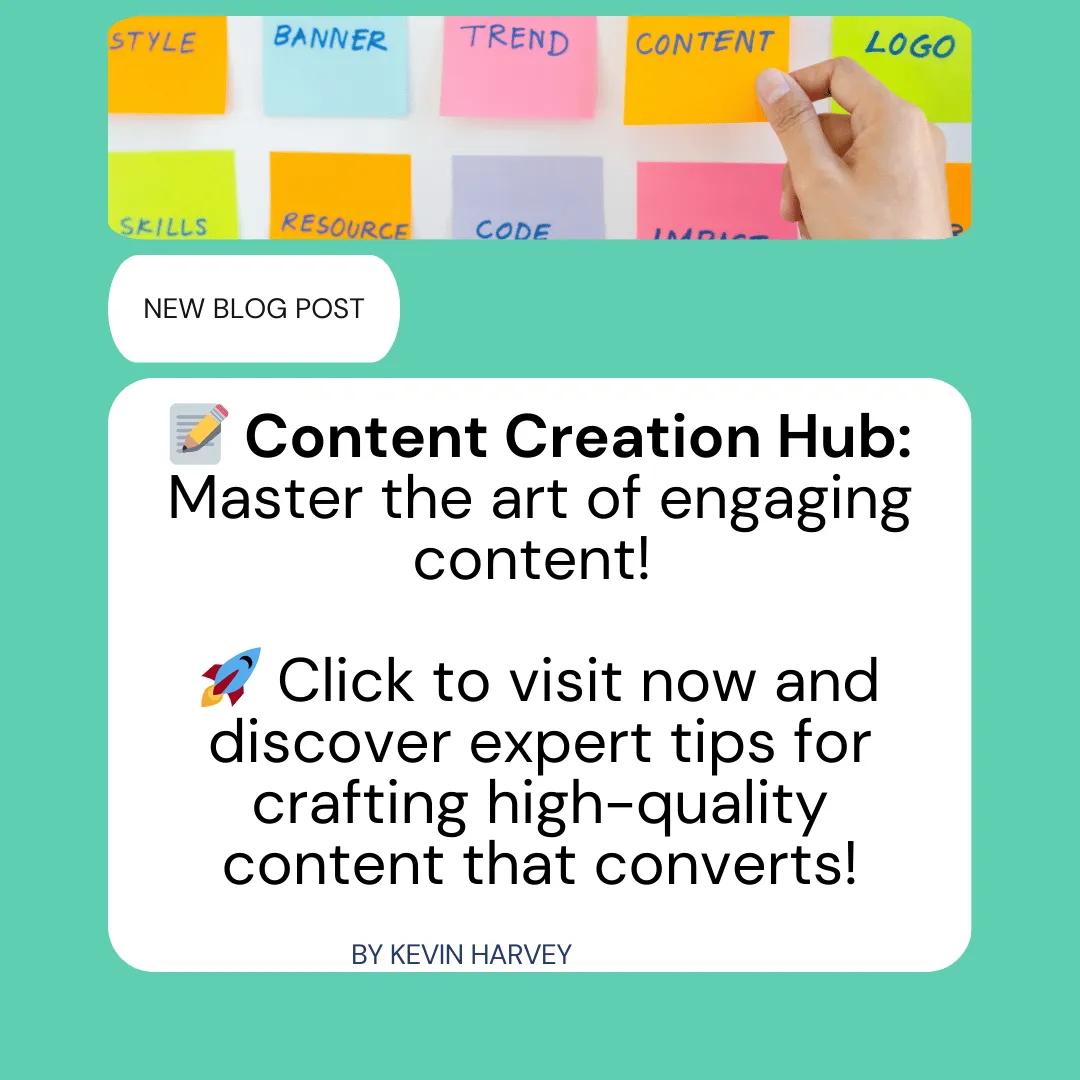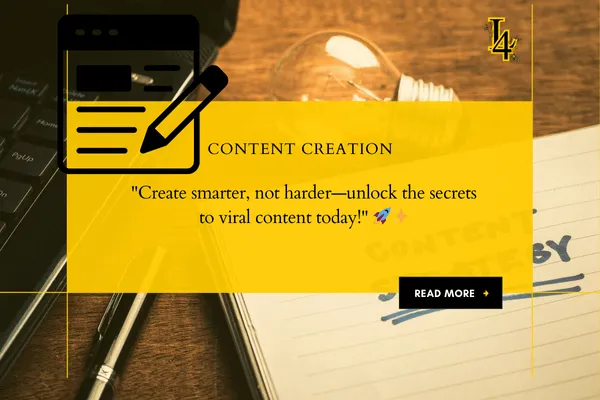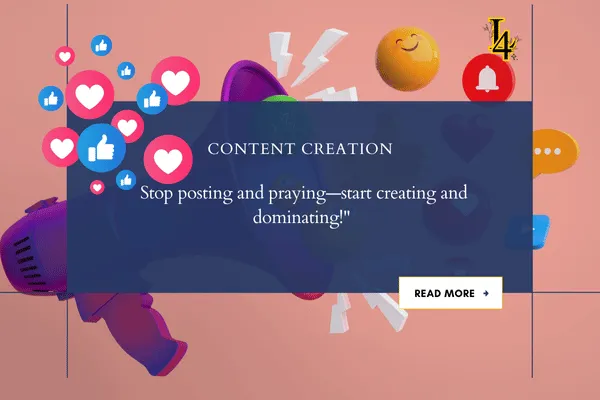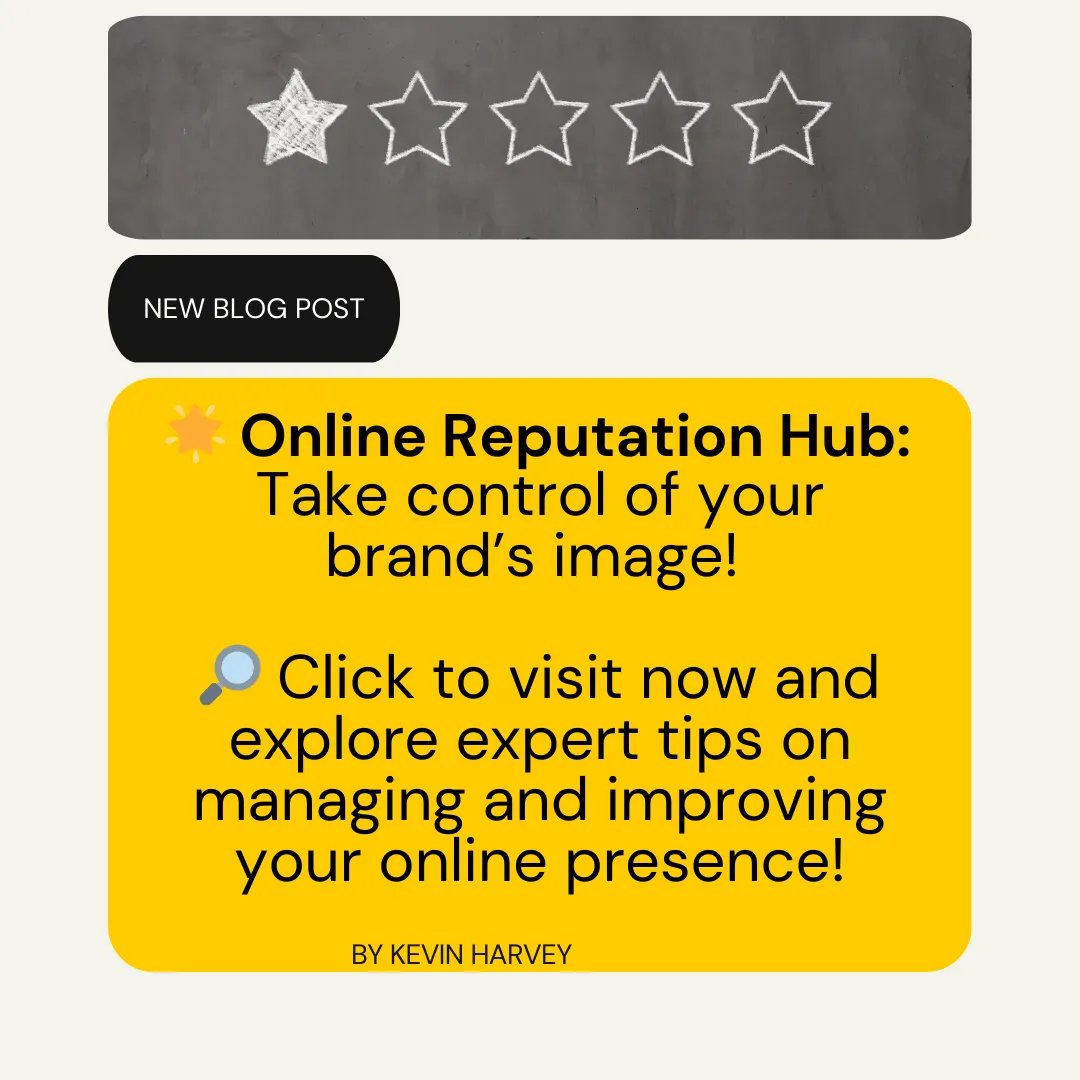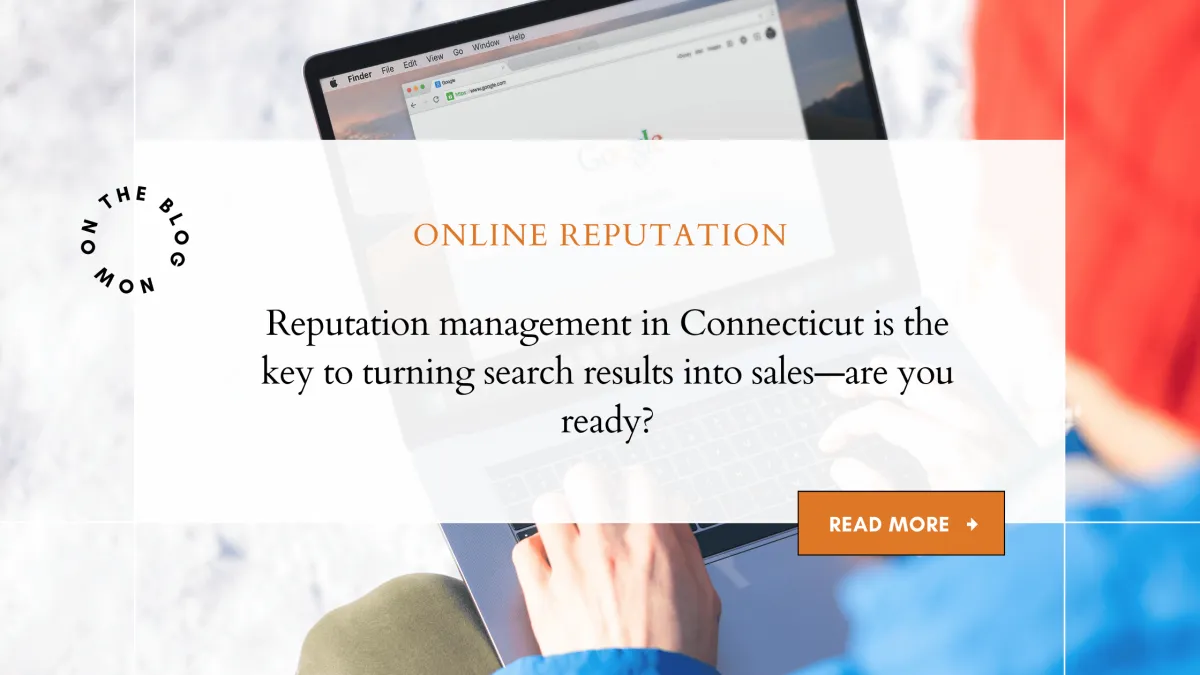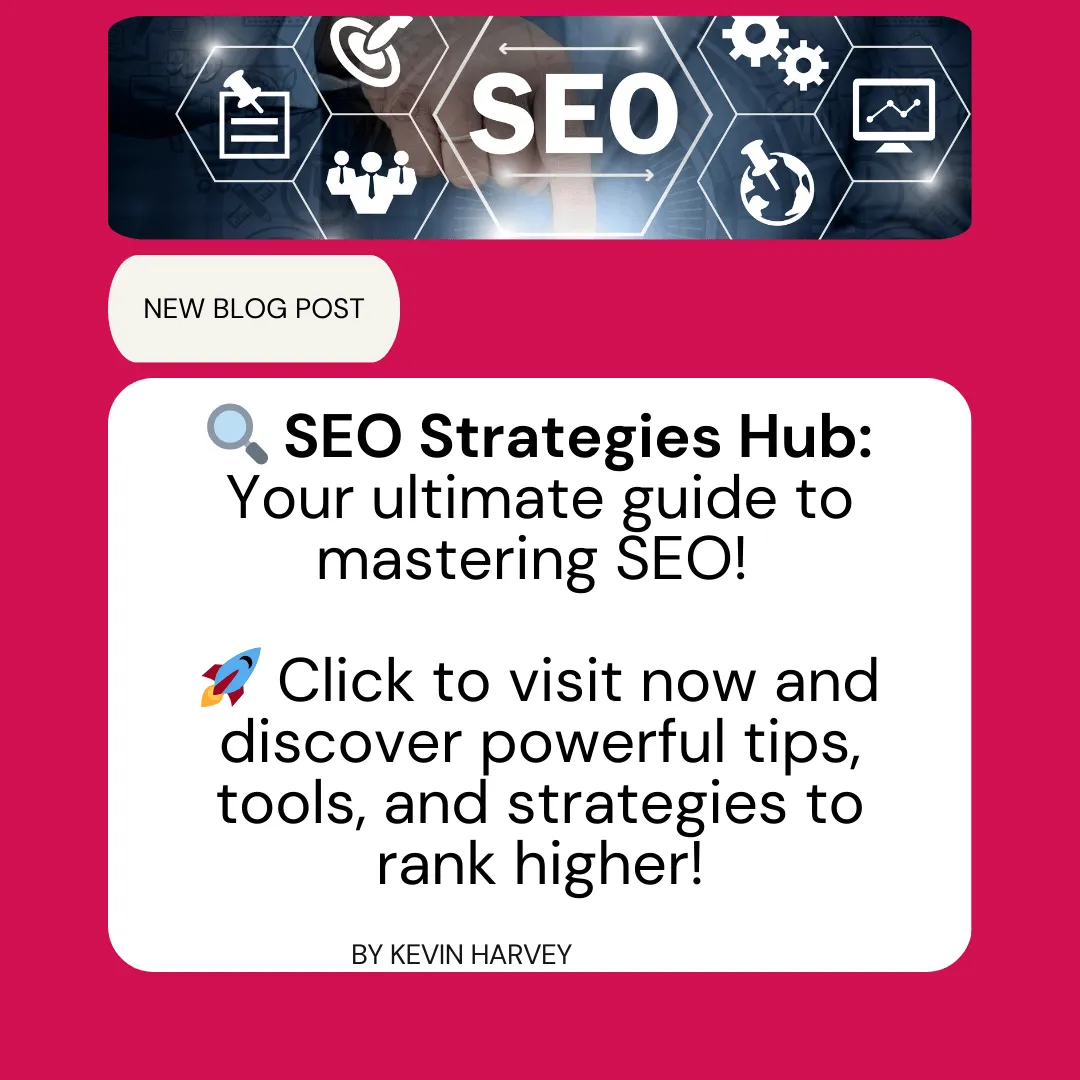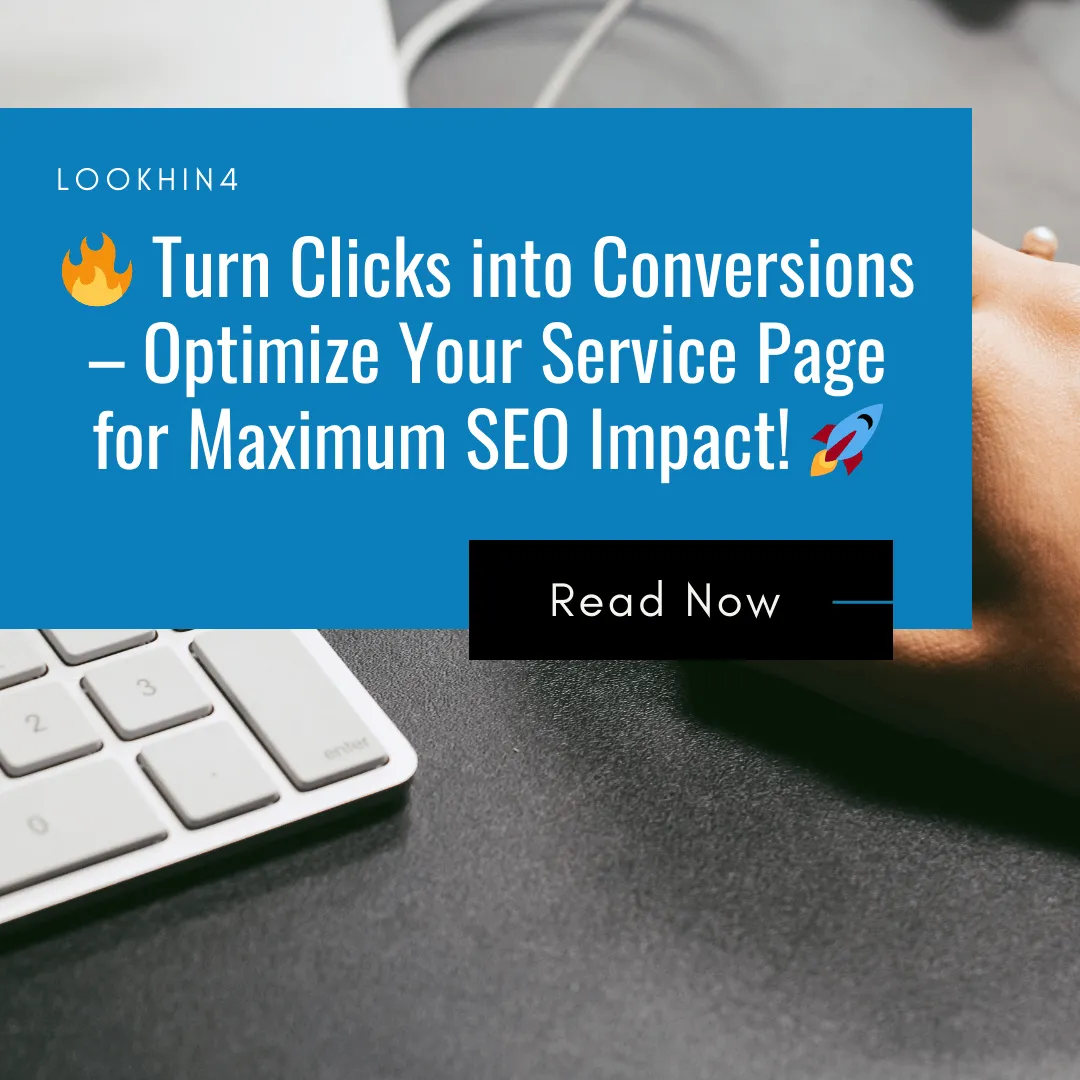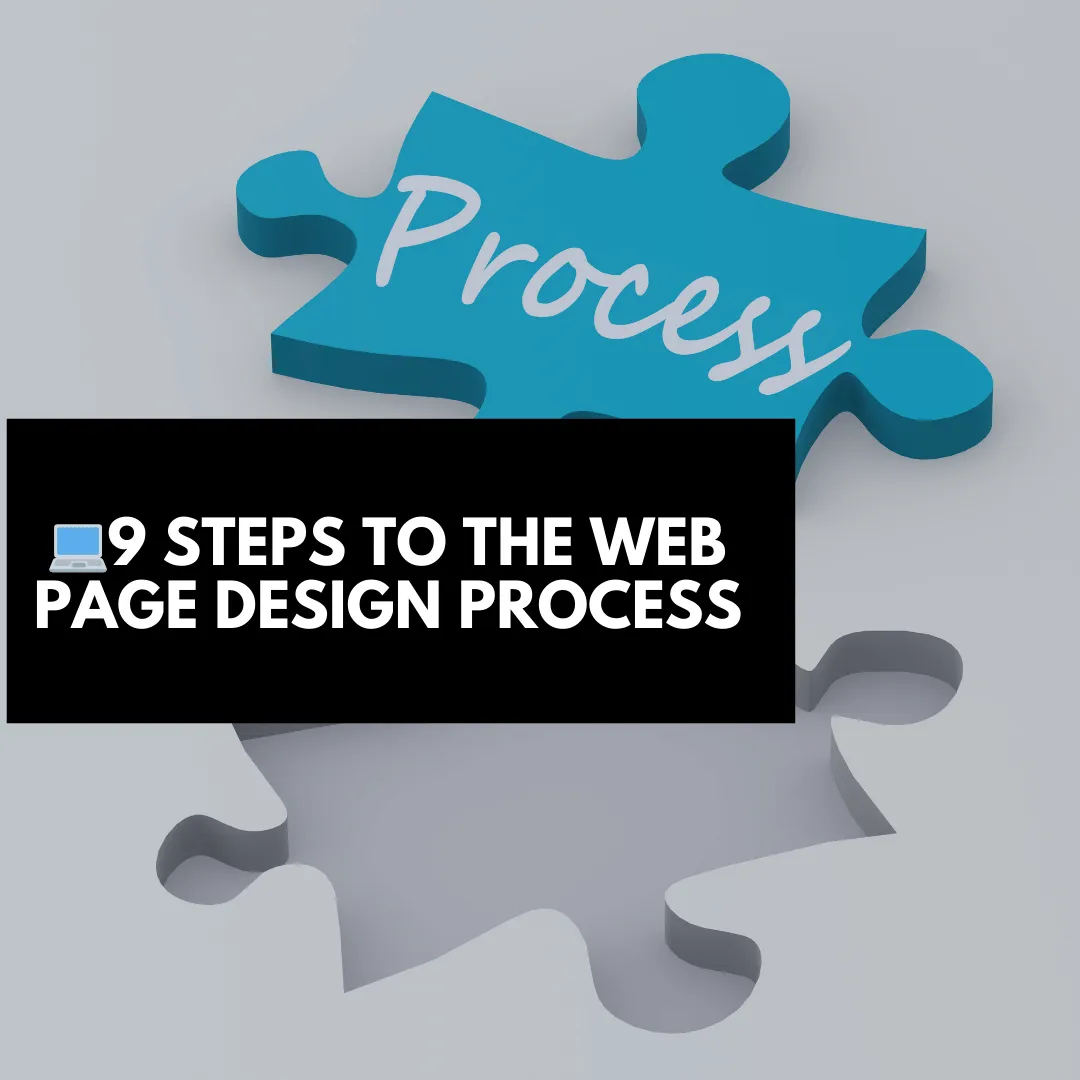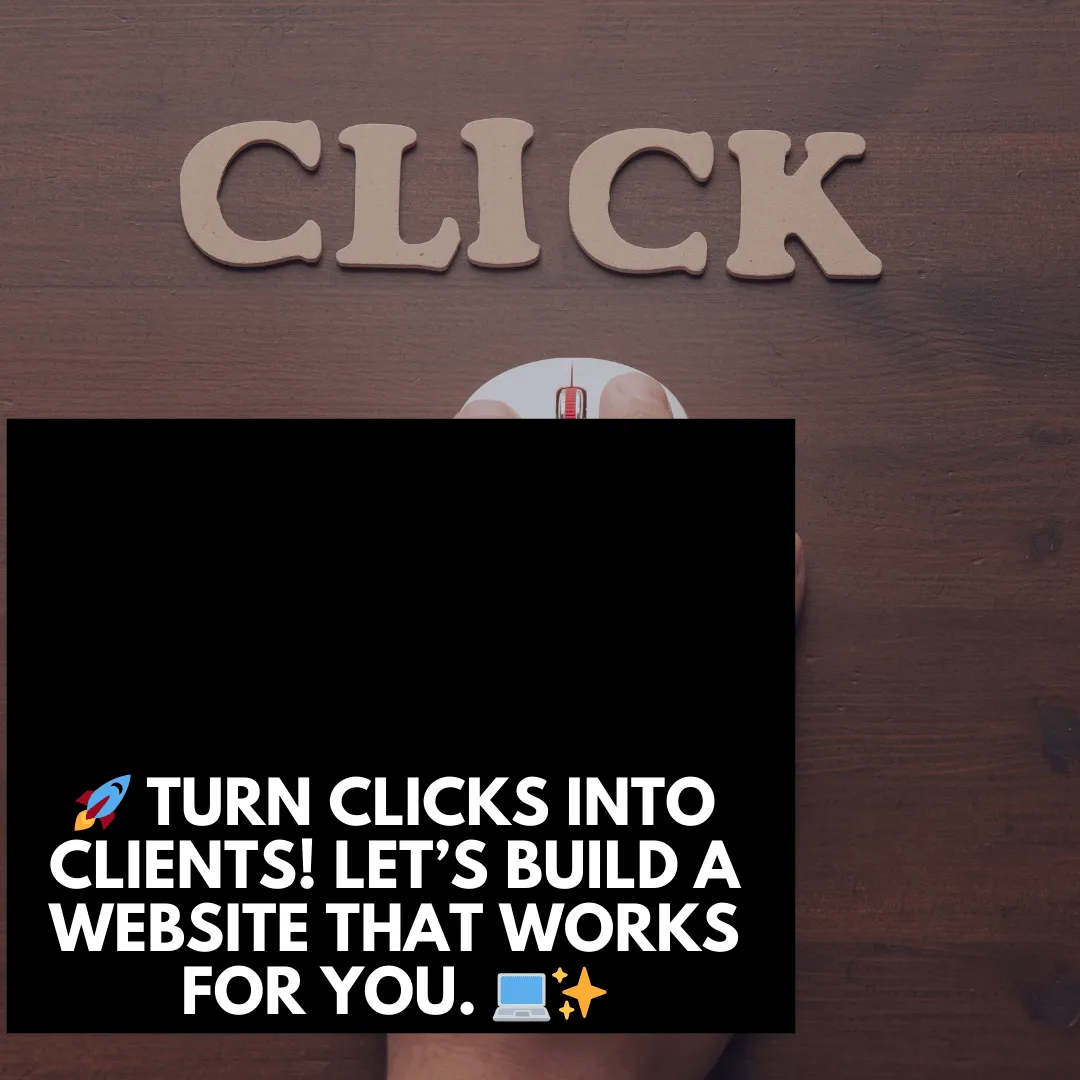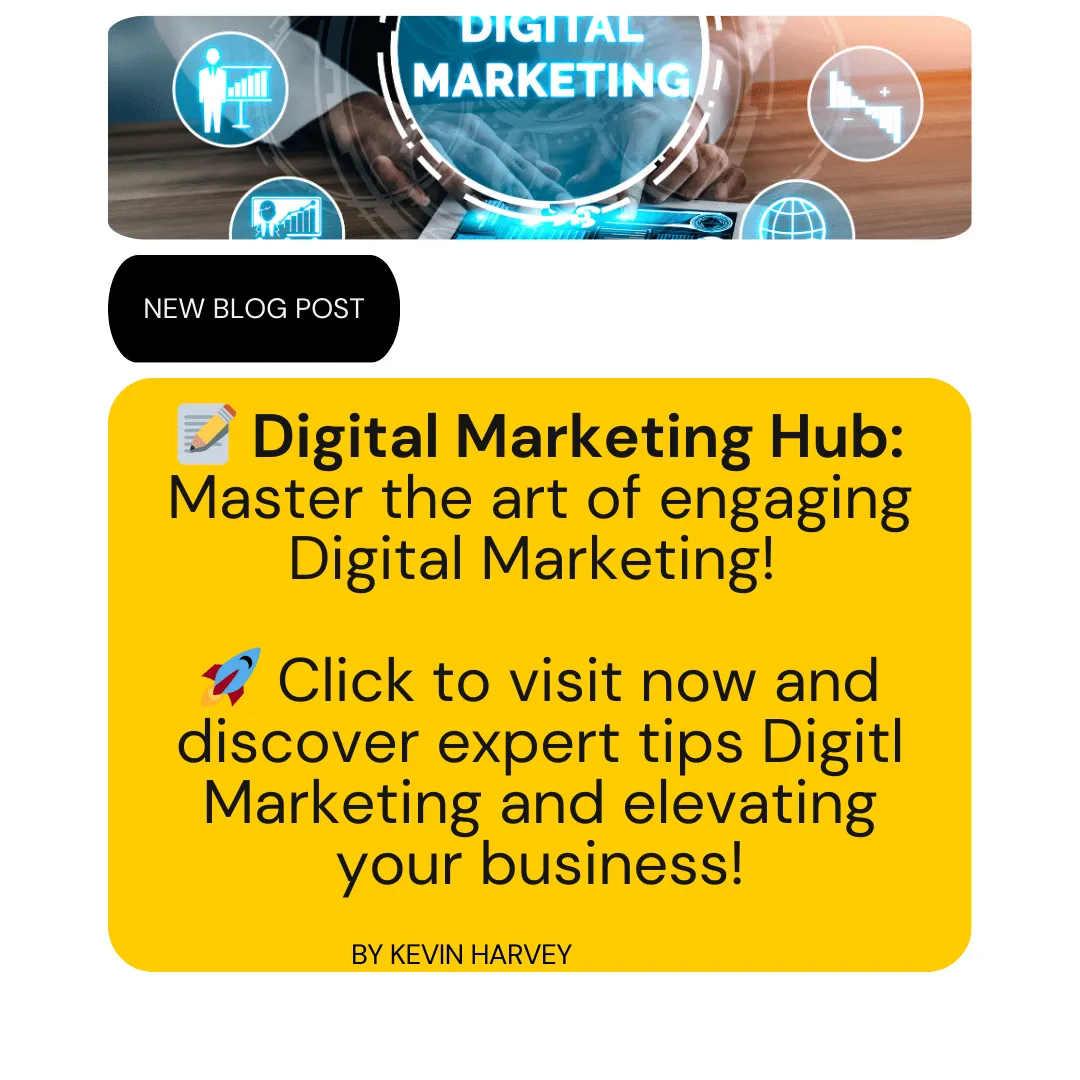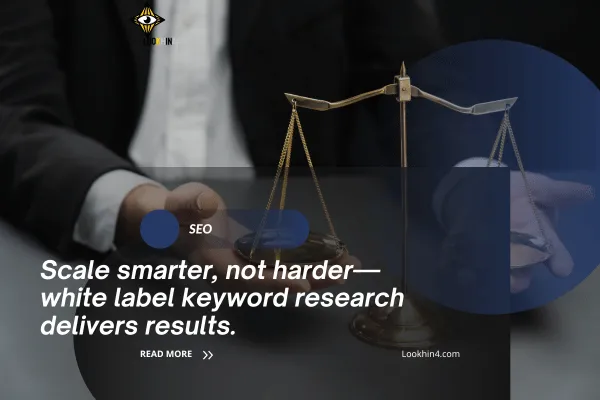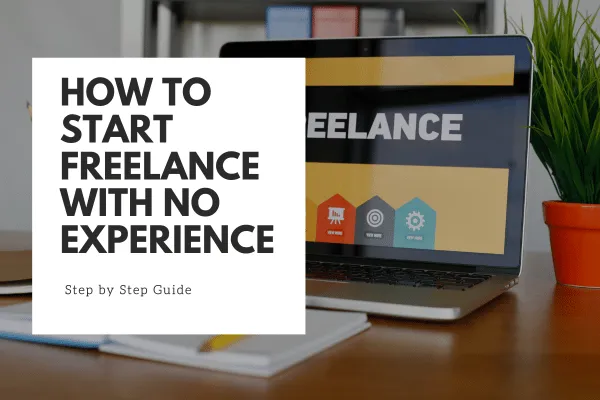
How to Use Keyword Research and Search Intent to Boost Your Marketing ROI
Top Guide to Keyword Research and Understanding Searcher Intent
Mastering keyword research is critical for any successful SEO strategy. When I first dove into the world of SEO, I felt like I was trying to decode a secret language. Understanding searcher intent was a game changer—suddenly, everything started making sense. It’s not just about picking popular words; it’s about understanding what people really want when they search. In this guide, I’ll walk you through the steps I learned to target the right audience, drive more organic traffic, and achieve your business goals.
Step 1: Define Your SEO Goals 🎯
Before diving into keyword research, it’s crucial to know what you aim to achieve. This makes the process feel purposeful rather than random! When I started, I realized that setting clear goals helped me focus my efforts where they mattered most.
Brand Visibility: Focus on keywords that enhance your brand's presence online. These are often broader, high-volume keywords like “best coffee shop” that help people discover your brand.
Sales Conversion: Use transactional keywords that indicate buying intent. For instance, phrases like “buy running shoes” attract users who are ready to make a purchase.
Information Distribution: Target informational keywords like “how to improve website speed” to educate your audience. These keywords are perfect for blog posts, guides, and how-to content.
Step 2: Understand the Types of Search Intent 🤔
When I first learned about search intent, it was like a lightbulb moment! Knowing what users are looking for helps you create content that truly meets their needs.
Informational Intent: Users are looking for information, like “how to tie a tie.” These searches are often the starting point in a user’s journey, and 80% of all searches have this intent according to Think with Google.
Navigational Intent: Users are trying to find a specific website, such as “Facebook login.” These are typically brand-specific searches.
Transactional Intent: Users are ready to make a purchase or perform a specific action, like “buy iPhone 13.” These are high-value keywords that often lead directly to conversions.
Commercial Investigation: Users are researching options before buying, like “best smartphones 2024.” These keywords indicate that the user is comparing products or services. HubSpot reports that 71% of B2B buyers start their decision-making process with an online search, making this phase crucial.
Step 3: Use the Best Keyword Research Tools 🛠️
I remember feeling overwhelmed by all the tools out there. But once I learned which ones really work, keyword research became a breeze. Here’s what I recommend:
Google Keyword Planner: It’s ideal for finding keywords and understanding search volumes. It’s free and a great starting point for beginners.
Ahrefs: This tool provides in-depth keyword reports and competitive analysis. It’s a must-have for competitor keyword research if you want to see what’s working for others.
SEMrush: Offers keyword variations, search volumes, and insights into competitive strategies. It’s great for refining your approach.
Keyword Researcher: This tool helps discover high-value long-tail keywords from Google AutoComplete, giving you a competitive edge. I found it particularly useful when targeting niche audiences.
Step 4: Analyze Your Keywords 📊
Once you’ve gathered potential keywords, analyzing them is key. This step can feel a bit like detective work, but it’s worth it!
Search Volume: High search volume can mean high competition, so find a balance. According to Moz, targeting keywords with a monthly search volume of 500-1,500 can be effective for small businesses.
Keyword Difficulty: Assess how hard it would be to rank for a keyword. Aim for keywords with a lower difficulty score to increase your chances of ranking.
CPC (Cost Per Click): A higher CPC indicates that a keyword is valuable in paid search. It can also hint at the commercial intent behind the keyword.
Step 5: Identify Search Intent Indicators 🔍
Certain phrases and words can indicate the search intent behind a query. This part felt like cracking a code when I first learned it!
Question Phrases: Words like “how to” or “what is” often indicate informational intent.
Product Specific Terms: Words like “buy,” “deal,” or “discount” suggest transactional intent.
Brand Specific Queries: These are navigational intents, where users search for specific brands or products.
Step 6: Validate with SERP Analysis 🧠
Before committing to a keyword, it’s essential to check how it’s performing on the Search Engine Results Page (SERP).
Google SERP: Analyze the type of content that ranks for your target keywords (e.g., blogs, product pages, or forums). This helps you understand what Google thinks users want.
Featured Snippets: A snippet often indicates a strong informational or question-based intent. Ahrefs found that snippets appear for about 12.3% of all search queries.
Ads Presence: A high number of ads on the SERP suggests high competition and commercial value for that keyword.
Step 7: Optimize for Long-Tail Keywords 🌿
Long-tail keywords felt like my secret weapon when I first started. They’re more specific and less competitive, making them easier to rank for.
Long-Tail Strategy: Instead of targeting broad terms like “shoes,” go for more specific phrases like “men's waterproof hiking shoes.” Backlinko reports that 70% of all search traffic comes from long-tail keywords.
Step 8: Continuously Monitor and Adapt 📈
Keyword research isn’t a one-time task—it’s an ongoing process. I learned that continuous monitoring is key to staying on top!
Performance Tracking: Use tools like Google Analytics to track how well your chosen keywords are performing.
Adjustments: Based on your performance data, refine your strategy to focus on what’s working and adjust where necessary.
By the Numbers: Why Keyword Research Matters
93% of online experiences begin with a search engine (BrightEdge).
57% of B2B marketers state that SEO generates more leads than any other marketing initiative (Junto).
Targeting keywords with clear intent can improve conversion rates by up to 14.6% (HubSpot).
By following these steps, you can effectively use keyword research to understand searcher intent, optimize your content, and drive more qualified traffic to your site. Whether you’re looking for free keyword research tools or focusing on competitive keyword analysis, this guide has you covered. I hope you find these tips as game-changing as I did when I first started out!
Related Reading: Explore the Best Free Keyword Research Tools for Your Business
Mastering keyword research and understanding searcher intent are foundational for effective SEO. This guide will help you attract more targeted traffic and achieve your digital marketing goals—without the confusion I felt when I first started!
4o


